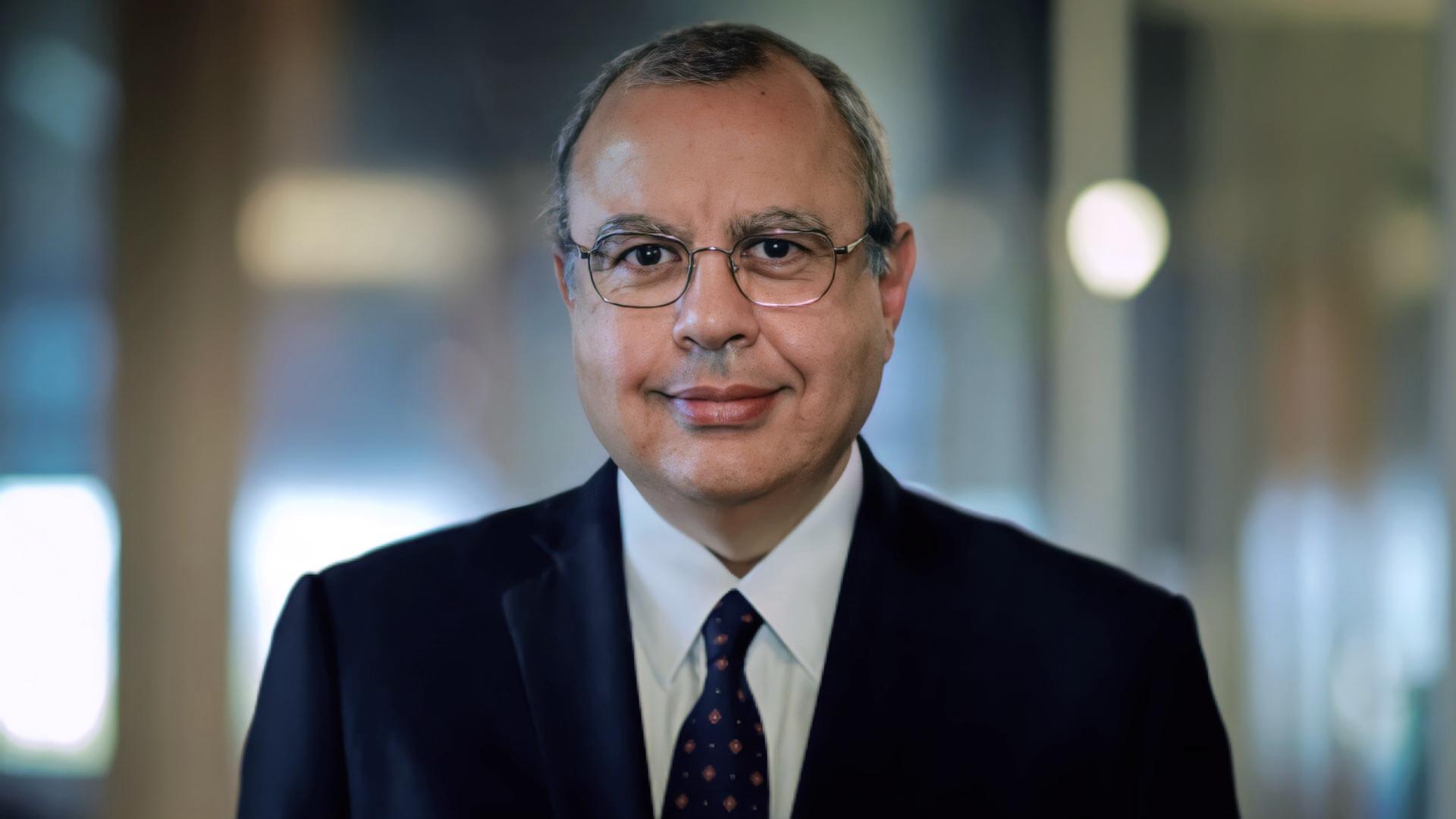Professor Mootaz Elnozahy elected NAI Fellow

Professor of Computer Science and former CEMSE Dean Mootaz Elnozahy joins five KAUST faculty who are existing NAI Fellows
The United States National Academy of Inventors (NAI) is the most prestigious and highest professional distinction for inventors. Dr. Mootaz Elnozahy, KAUST professor of computer science and former dean of the Division of Computer, Electrical and Mathematical Science and Engineering (CEMSE), will be officially inducted as a Fellow during the NAI Annual Meeting, June 13-15, 2022, in Arizona, U.S. The Fellow status acknowledges his 38-year career of inventions and innovations, with 58 patents in the fields of energy-efficient computer systems and high performance computing and resilience, among others.
The NAI includes 1,403 Fellows worldwide from more than 250 prestigious universities and governmental and non-profit research institutes. Together these Fellows have produced 42,700 patents and 13,000 licensed technologies, formed 3,200 companies and created more than one million jobs.
Focus on impact
Elnozahy stated that the most important factor in generating good innovation is to focus on solving significant problems that impact a broad sector of society. The NAI does not award the title of Fellow merely to recognize the number of patents issued, but underscores innovative patents that have demonstrated impactful licensing or usage and made a tangible difference. He referenced as an example his earlier work on building energy-efficient computer servers.
In 2000, Elnozahy foresaw the importance of energy consumption in computing systems, and led a team to build the world’s first computer server with a design centered on reducing energy usage instead of maximizing performance. Technologies resulting from this project found their way into some commercial IBM servers. The work was also well received in academia, arguably being the oldest cited paper on energy-efficient servers.

The energy consumed by computing systems represents an important but often overlooked field of inquiry in our global discussions on sustainability.
Elnozahy said, “You have to recognize the problem ahead of time, and work on creating the innovative solutions so that the technologists will have them ready by the time they come around to recognizing the importance of the problem. We built the hardware and wrote the software code. We had a functioning system that was very energy-efficient, and it offered surprisingly good performance. It delivered more performance per watt than anything else that existed back then.”
He said that the work done in 2000 was at a time when few people were looking at the energy consumption problem. He is gratified that the industry at large today recognizes the importance of reducing the carbon footprint of information technology, although he said there remains a lot of work to be done, especially in raising awareness around the impact of our behavior, and focusing on innovation that matters.
He cited cryptocurrencies as one area where the information technology (IT) industry and user community continue to be entrenched in inefficient energy production. “Would you believe that cryptocurrencies have a carbon footprint that exceeds those of advanced economies such as that of the UK?” he asked.
An exciting journey of technology development
"We now have high-performance computers that were only a dream a few years back," said Elnozahy. He spoke about how the industry is now embarking on adventures in areas of the metaverse, with applications "previously considered to be a fantasy." He pointed out that the computer science field is a mere 70 years old, compared to mathematics and chemistry, which span centuries to millennia.
"The entire computer science field is undergoing a continuous inflow of new ideas and innovations. It's very exciting to have been a part of this," he said. "The first machine that I programmed in 1981 had 1KB of RAM and used magnetic stripes to store data. A portable phone today is a trillion times more powerful than that old machine."
Elnozahy made fundamental contributions to resilient distributed computing while serving as a professor at Carnegie Mellon University. He went on to join IBM Research, where he worked on building very large-scale servers and energy-efficient servers, and led the PERCS project (Productive, Easy-to-use, Reliable Computing System), which produced high performance computing figures that continue to lead in the industry even after 10 years of its completion. He considers his most important achievement to date to be his work with KAUST colleagues in building and growing the CEMSE division during his tenure as a dean.
How is IT driving innovation?
From agriculture to medical research to self-driving cars, the IT industry continues to revolutionize all fields of science and technology, and is largely responsible for improving the quality of life that we enjoy today. The most innovative companies today place IT at the heart of their business models. Elnozahy highlighted Tesla as an example of how IT gives a competitive edge in the car industry, and said the company made substantial investments in computer software and hardware development.
"We are all aware that the current shortage in chips is impacting car manufacturing throughout the world. Tesla enjoys greater flexibility because of the work they've done in software; they can actually reprogram the system to use fewer chips and, therefore, are in a better position to survive the current chip crunch."
While he spent many years in industry conducting applied research in IT, Elnozahy is a firm believer in the importance of fundamental research. "Good practical solutions in IT, and other fields, always come out of good theoretical work," he argued. He cited as an example his patents on data compression — applications of theoretical compiler technology concepts that yielded a fourfold reduction in storage requirements.
Elnozahy looks forward to helping younger colleagues in the area of innovation continue to build KAUST’s brand as a center of innovation research worldwide, and he is proud to join the five KAUST faculty who are existing NAI Fellows, namely Professors Jean-Marie Basset, Donal Bradley, Jean Fréchet, Charlotte Hauser and Boon Ooi.
Related content
- KAUST presents exascale expertise at SC21
- KAUST Vice President Bradley inaugurated as Fellow to the United States National Academy of Inventors
- Professors Fréchet and Hauser elected NAI Fellows
- KAUST Professor Boon S. Ooi elected Fellow of U.S. National Academy of Inventors
- Examining how technology informs science

